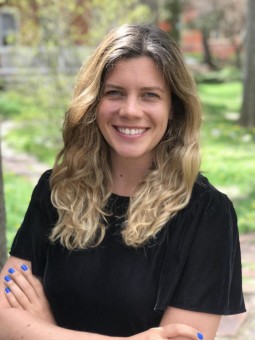 CU-Boulder Sociologist Andrea Tilstra discusses how this decade’s reduction of lifespan in the US ties closely with two factors 1) easier access to painkillers and opioids, and 2) the obesity epidemic and the related health problems that come with it. Tilstra also explains the quesitons a social scientist/demographer asks when examining the COVID-19 pandemic, the COVID-19 Boulder County local tracking of the pandemic, and the human factors to consider as people face the stresses of social distancing and trying to stay connected.
CU-Boulder Sociologist Andrea Tilstra discusses how this decade’s reduction of lifespan in the US ties closely with two factors 1) easier access to painkillers and opioids, and 2) the obesity epidemic and the related health problems that come with it. Tilstra also explains the quesitons a social scientist/demographer asks when examining the COVID-19 pandemic, the COVID-19 Boulder County local tracking of the pandemic, and the human factors to consider as people face the stresses of social distancing and trying to stay connected.
Producer and Host: Shelley Schlender
Engineer: Maeve Conran
Executive Producer: Jill Sjong
Additional Contributions: Music from Lynn Patrick
Listen to the show:
Podcast: Play in new window | Download (Duration: 27:11 — 24.9MB)
Subscribe: RSS

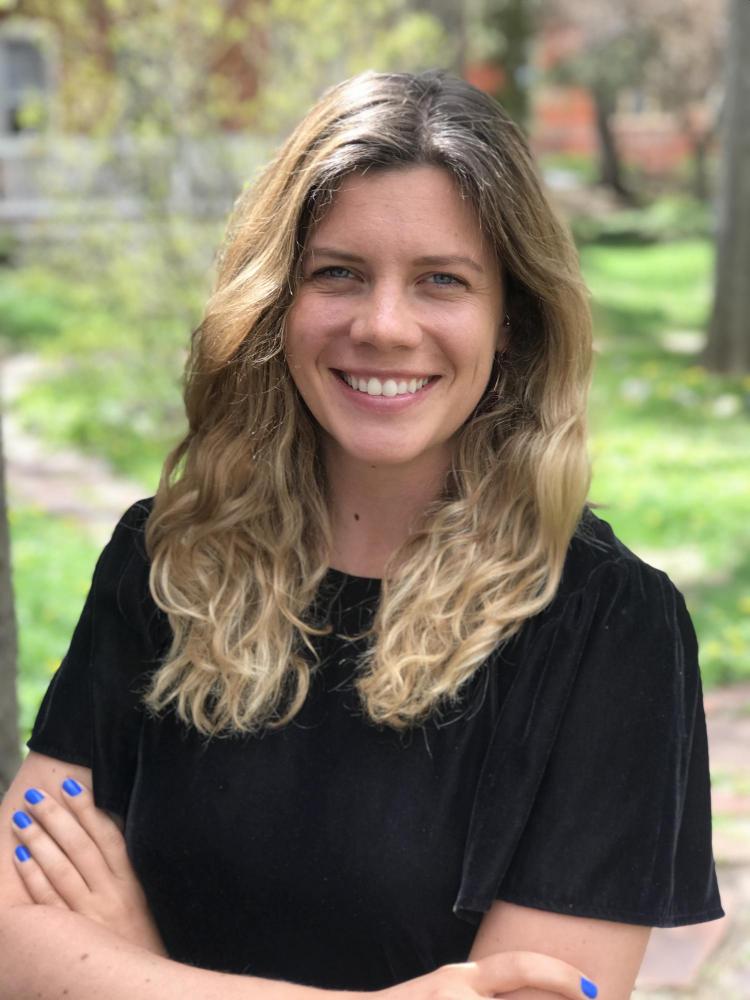


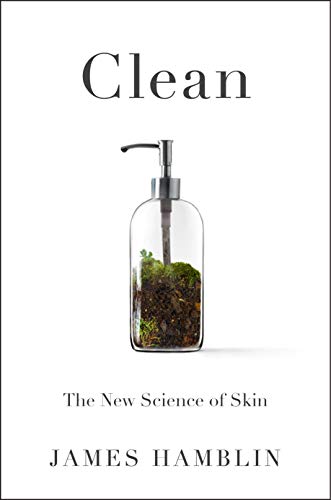
 How clean is “clean”? How do you get clean, and how important is it…could it actually be advantageous to your skin and general health to not try to get too clean? We talk with medical doctor and author
How clean is “clean”? How do you get clean, and how important is it…could it actually be advantageous to your skin and general health to not try to get too clean? We talk with medical doctor and author 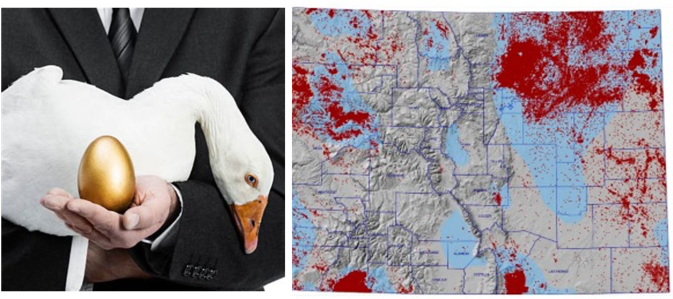
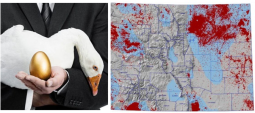
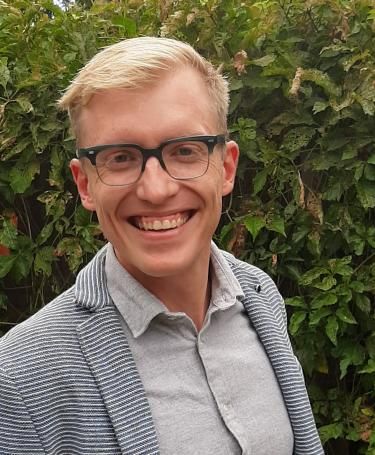
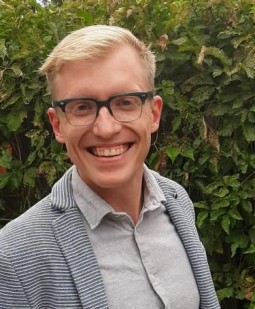
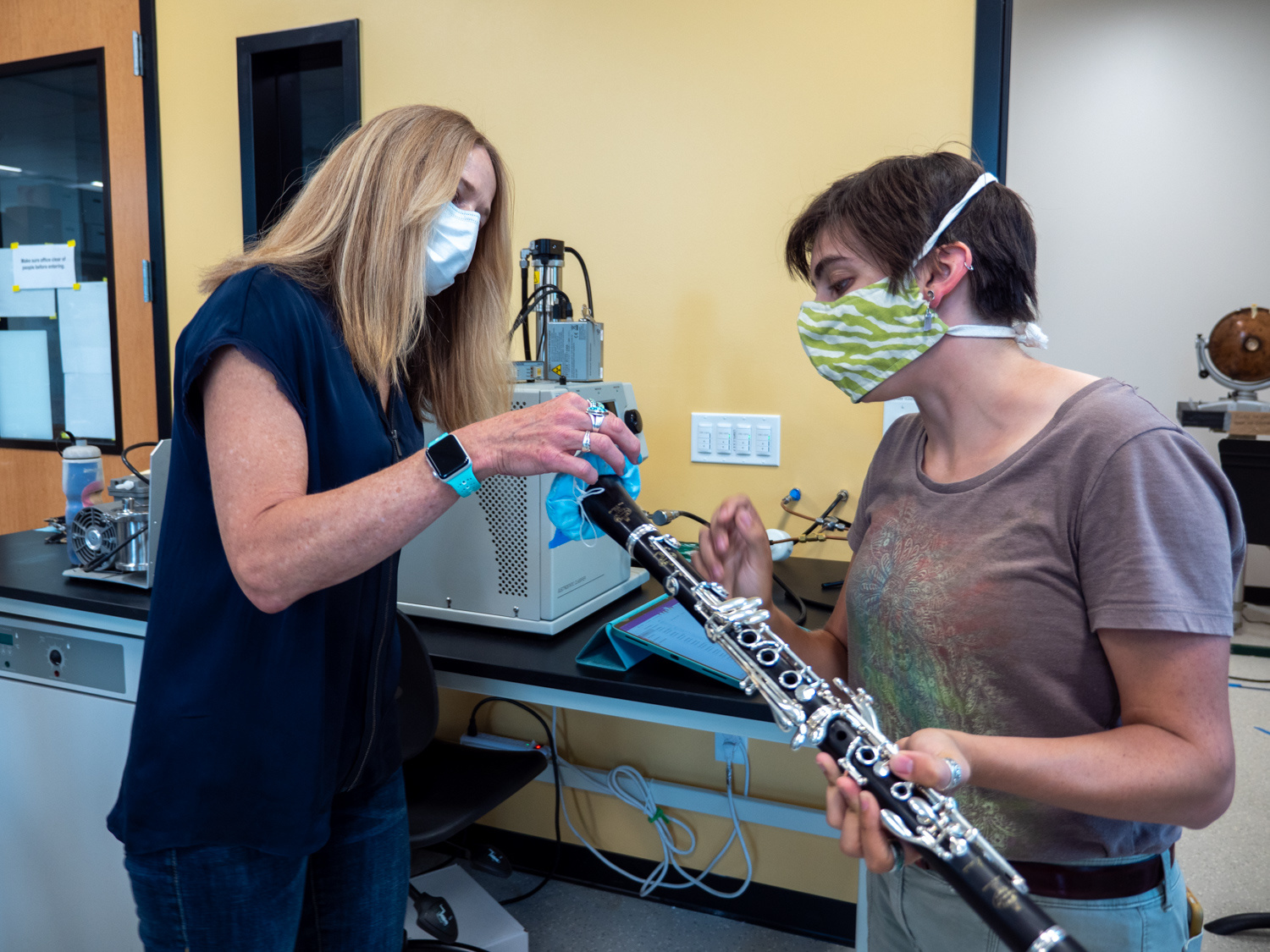
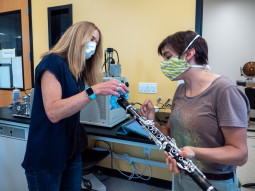
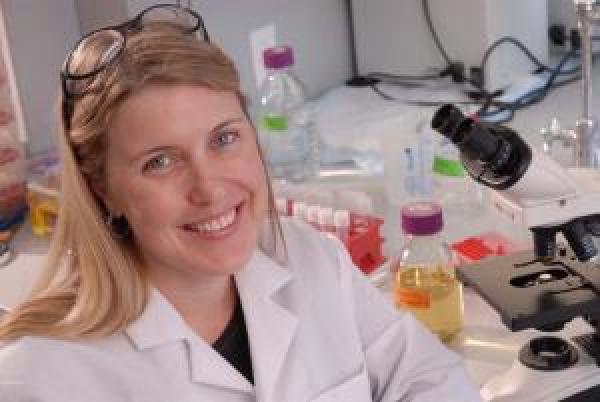
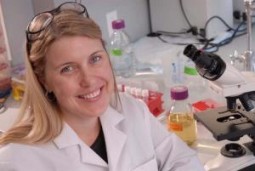
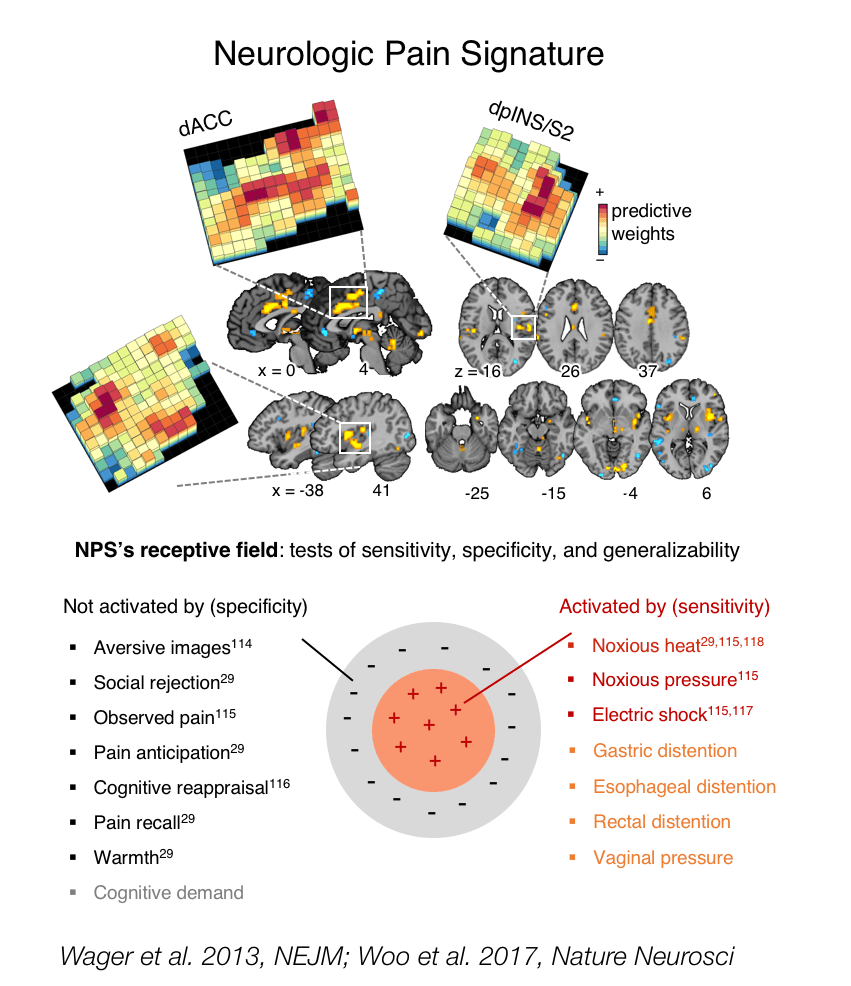
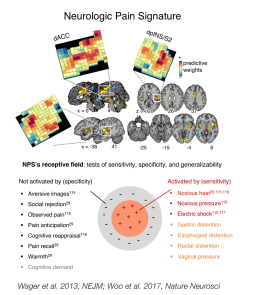 Chronic pain is a debilitating condition for millions of people worldwide. But what role does our brain play in processing pain? Cognitive neuroscientists are gaining a better understanding of how our brain processes pain. Using advanced imaging techniques, they can now measure and model brain systems linked to our pain and emotions. This is shedding new light on interventions for people who suffer from chronic pain.
Chronic pain is a debilitating condition for millions of people worldwide. But what role does our brain play in processing pain? Cognitive neuroscientists are gaining a better understanding of how our brain processes pain. Using advanced imaging techniques, they can now measure and model brain systems linked to our pain and emotions. This is shedding new light on interventions for people who suffer from chronic pain.